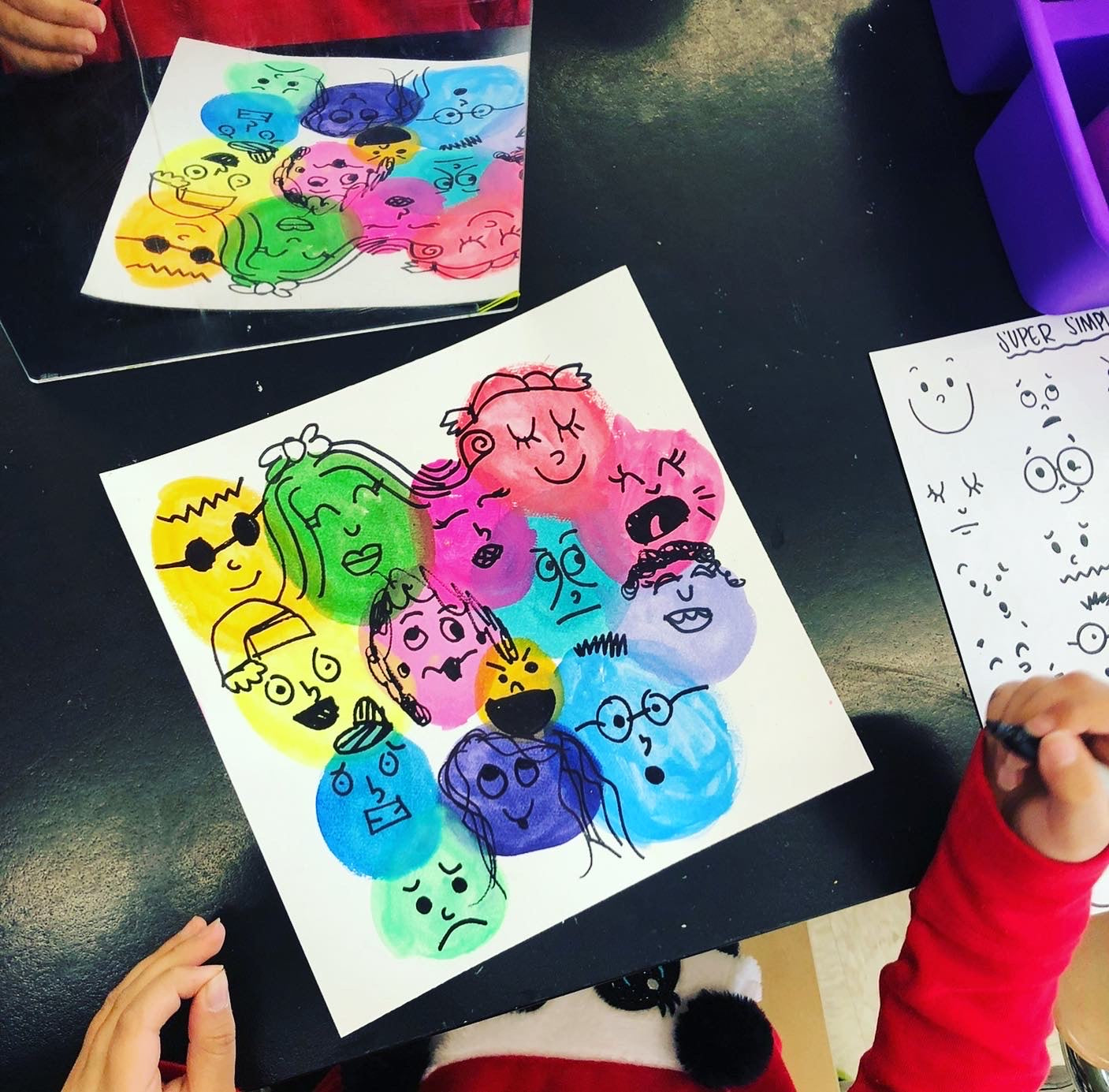Introduction
Entering the teaching profession as a trainee teacher can be both exciting and daunting. Navigating the classroom environment, managing students, and delivering effective instruction require a unique set of skills and strategies. In this article, we’ll explore essential tips for trainee teachers to navigate the classroom with confidence and success.
Establishing a Positive Classroom Climate
Creating a positive classroom climate is essential for fostering an environment where students feel safe, supported, and engaged. As a trainee teacher, it’s important to establish clear expectations for behavior and academic performance from the outset. Setting a positive tone, building relationships with students, and creating a sense of belonging help lay the foundation for a productive learning environment.
Developing Strong Classroom Management Skills
Effective classroom management is key to maintaining order and maximizing instructional time. Trainee teachers should develop strategies for managing classroom behavior, addressing disruptions, and promoting student engagement. Implementing proactive measures, such as establishing routines, using positive reinforcement, and providing clear instructions, helps minimize disruptions and create a conducive learning environment.
Differentiating Instruction to Meet Diverse Needs
Every student brings unique strengths, challenges, and learning styles to the classroom. As a trainee teacher, it’s important to differentiate instruction to meet the diverse needs of students. This may involve modifying lessons, providing accommodations, or offering additional support to ensure that all students have access to the curriculum and opportunities for success.
Utilizing Effective Teaching Strategies
Employing a variety of teaching strategies helps keep students engaged and actively involved in the learning process. Trainee teachers should explore different instructional methods, such as hands-on activities, cooperative learning, and technology integration, to cater to diverse learning styles and preferences. Flexibility and adaptability are key as trainee teachers experiment with different approaches to find what works best for their students.
Promoting Student Engagement and Participation
Engaging students in the learning process is essential for fostering deeper understanding and retention of content. Trainee teachers should strive to create interactive and participatory lessons that encourage active engagement and collaboration among students. Incorporating discussion, inquiry-based activities, and real-world connections helps make learning meaningful and relevant to students’ lives.
Building Positive Relationships with Students
Building positive relationships with students is fundamental to effective teaching and classroom management. Trainee teachers should make an effort to get to know their students as individuals, showing empathy, respect, and genuine interest in their lives and experiences. Cultivating a supportive and trusting relationship with students lays the groundwork for effective communication, cooperation, and mutual respect in the classroom.
Seeking Mentorship and Professional Development Opportunities
As a trainee teacher, it’s important to seek mentorship and professional development opportunities to continue growing and improving as an educator. Mentors can offer guidance, support, and practical advice based on their own experiences in the classroom. Additionally, participating in workshops, conferences, and other professional development activities helps trainee teachers stay current on best practices and emerging trends in education.
Reflecting on Practice and Seeking Feedback
Reflection is an essential component of professional growth and development for trainee teachers. Taking time to reflect on teaching practices, classroom experiences, and student outcomes helps trainee teachers identify strengths, areas for improvement, and opportunities for growth. Seeking feedback from mentors, colleagues, and students provides valuable insights and perspectives that inform continuous improvement and refinement of teaching practices.
Embracing Challenges and Celebrating Successes
Entering the teaching profession as a trainee teacher comes with its own set of challenges and rewards. Trainee teachers should approach each day with a positive attitude, resilience, and a willingness to learn from both successes and setbacks. Embracing challenges as opportunities for growth and celebrating successes, no matter how small, helps foster confidence, motivation, and a sense of fulfillment in the teaching profession.
Conclusion
Navigating the classroom as a trainee teacher is a journey of continuous learning, growth, and discovery. By establishing a positive classroom climate, developing strong classroom management skills, differentiating instruction, utilizing effective teaching strategies, promoting student engagement, building positive relationships, seeking mentorship and professional development, reflecting on practice, and embracing challenges, trainee teachers can lay the foundation for a successful and rewarding career in education. Read more about tips for trainee teachers






